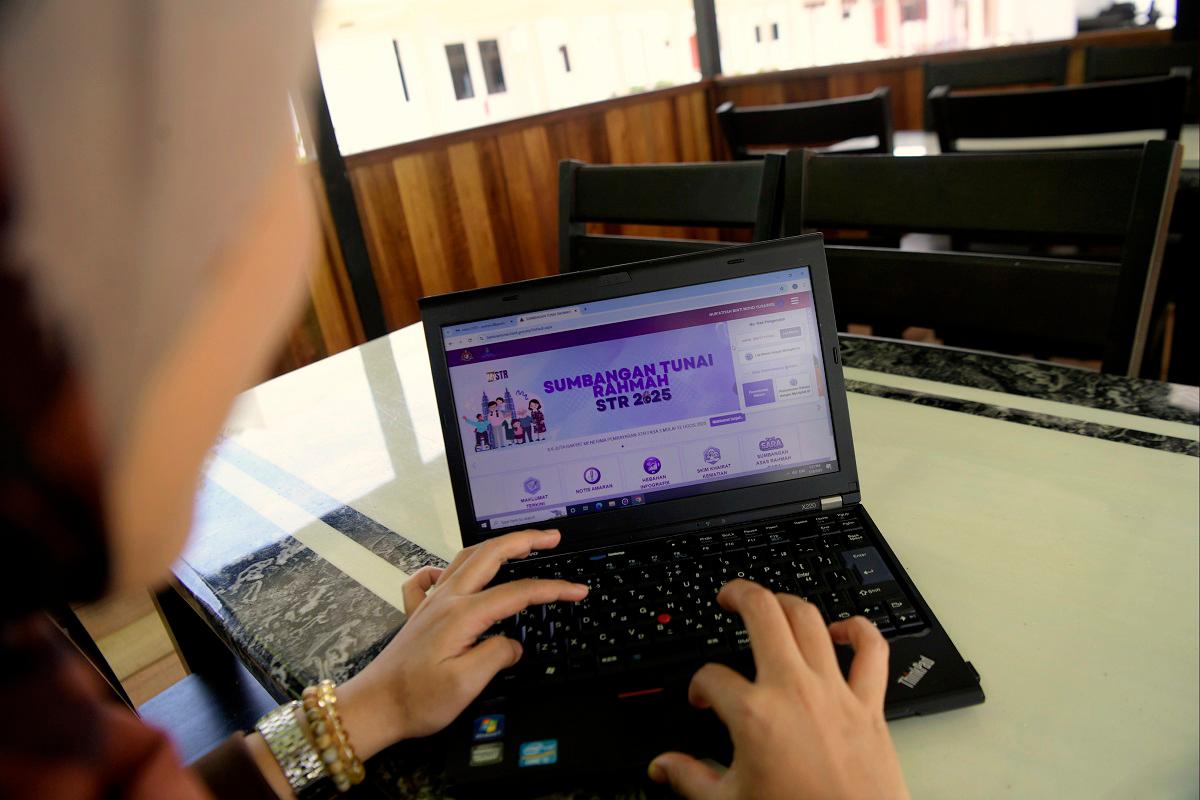PETALING JAYA: Starting from this month, STR recipients can claim a RM30 voucher under the Perlindungan Tenang Voucher 3.0 (PTV3.0) scheme to help cover the cost of affordable insurance and takaful products. The voucher, subsidised by the government, can be applied towards products with annual premiums or contributions of at least RM50.
The Finance Ministry said under Budget 2025, RM60 million has been allocated to support the initiative in collaboration with the insurance and takaful industry.
“The move aims to make protection products more accessible to low-income households, complementing broader safety net programmes such as the Skim Perubatan Madani and PeKa B40,” the ministry said in a statement.
Prime Minister and Finance Minister Datuk Seri Anwar Ibrahim said PTV3.0 demonstrates the government’s pledge to raise the people’s living standards.
“A nation can only progress when every household is protected. This is about restoring dignity and resilience across all segments of society.
“With PTV3.0, the government is determined to expand access so that peace of mind is not reserved for the privileged few,” he added.
In a joint statement, the Malaysian Takaful Association (MTA), Persatuan Insurans Am Malaysia (Piam) and the Life Insurance Association of Malaysia (Liam) said the programme forms part of the government’s strategy to strengthen social protection by encouraging proactive risk management behaviour and promoting financial inclusion.
MTA chief executive officer Mohd Radzuan Mohamed said PTV3.0 provides an opportunity for STR recipients to begin financial planning.
“It reflects our commitment to expanding social protection and supporting the nation’s inclusive development agenda.”
Liam CEO Mark O’Dell added that the programme acts as a long-term safety net and allows more families to access affordable protection and strengthen their financial security.
Piam CEO Chua Kim Soon noted that general insurers can play a role in extending affordable personal accident protection to underserved groups such as e-hailing and p-hailing riders,
gig workers, micro and small-sized food and beverage traders, farmers and caregivers who require financial protection to safeguard their livelihoods.









